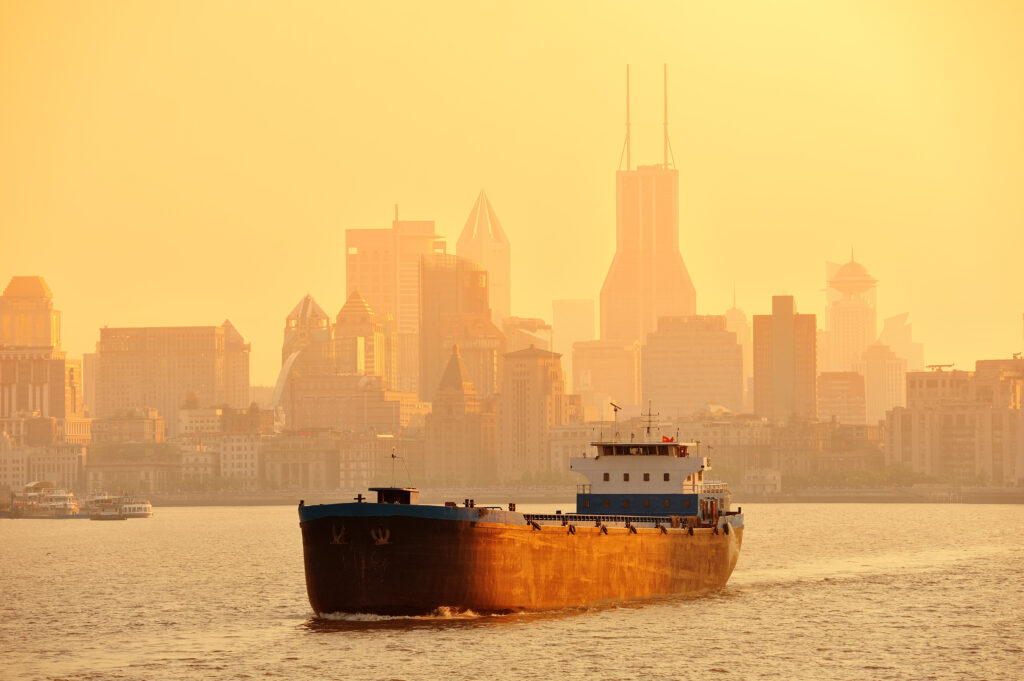The attacks came shortly after the UK Defence Secretary, Grant Shapps, expressed alarm about the terrorists’ persistent willingness to target ships, despite earlier combined strikes and US missions against them.

The first ship, the UK-managed general cargo vessel Morning Tide, was attacked 57 miles west of Hodeidah, Yemen. Despite the fact that “Chinese Ownership” appears on its AIS, the ship is owned by a company in the United Kingdom.
Although the crew made evasive maneuvers when they spotted tiny boats, one of them launched a suspected missile, damaging the ship, specifically the bridge glass. U.S. Central Command later claimed that three Houthi-fired anti-ship ballistic missiles launched at Morning Tide struck the ocean surrounding the ship without causing major damage.
The second vessel, the Greek-owned bulker Star Nasia, which is managed by the US-listed company Star Bulk Carriers, reported an explosion around 50 meters away at water level after passing through the Bab el-Mandeb Strait.
Conflicting accounts indicate that the assailants may have utilised a drone or a sea mine. The U.S. Central Command report disagrees, saying that three Houthi ballistic missiles attacked Star Nasia for 12 hours. The first missile did moderate damage, the second missed, and the third was intercepted by the USS Laboon. The vessel incurred no injuries and continued its journey.
Meanwhile, due to attacks on commercial vessels in the Red Sea region, Japan’s Mitsui OSK Lines (MOL) has redirected all of its ships through the Cape of Good Hope, CEO Takeshi Hashimoto told Reuters on Tuesday.
